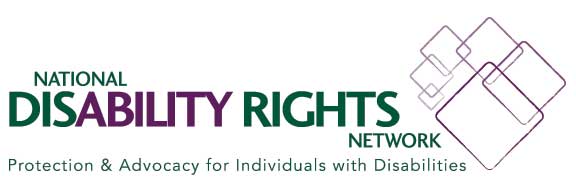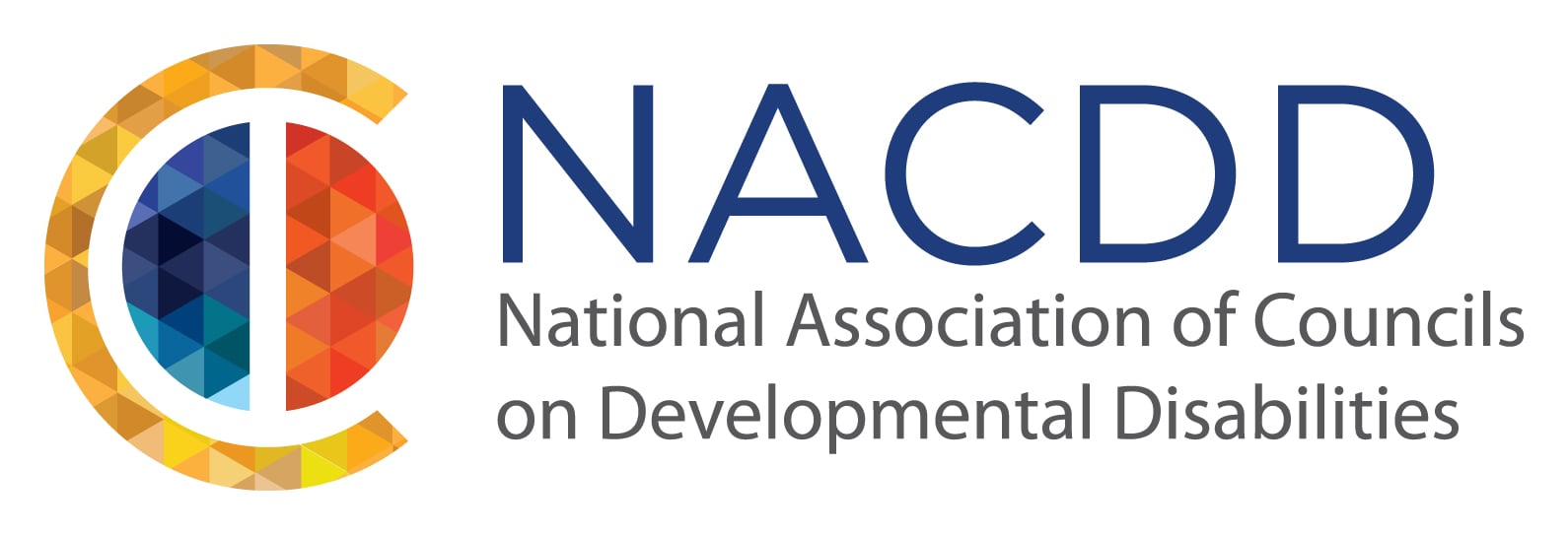Joint Statement - Concerns about the Proposed Changes to Medicaid in the House Republican Policy Brief
February 23, 2017

|
| Download |
|
|
As the three national Developmental Disabilities (DD) Network partners that represent the entities authorized in the DD Act whose members annually advocate for and provide hundreds of thousands of clinical services and home and community based supports to people with disabilities and their families, the Association of University Centers on Disabilities (AUCD), the National Disability Rights Network (NDRN), and National Association of Councils on Developmental Disabilities (NACDD) are concerned about the policy brief distributed by the House Republican leadership on Thursday, February 16th to its Members about repealing and replacing the Affordable Care Act (ACA).
The goals of the policy brief distributed last week are to "put Medicaid on a budget" and to "return the focus of the program back to helping those most in need."
While these two goals sound reasonable, they will likely result in constraints that will harm people with disabilities and those who support and serve them. We are concerned about three specific items in the policy brief: 1) proposed per capita caps with the option for block grants, 2) proposed Health Savings Accounts, and 3) "next generation high risk pools."
The proposed per capita allotment to be paid to states for each person eligible for Medicaid will threaten the long-standing guarantee to provide health care and support services to people with disabilities. Block grants would similarly cap the amount of money each state receives without allowing for adjustments when there are changes to health care costs, population growth, or in response to economic downturns, or natural disasters. In 2014, there were almost 600,000 people with disabilities waiting for home and community based services from Medicaid. With the introduction of per capita allotments to states, it is only likely this number will increase. We have only to look at the cuts to Medicaid Texas made last year to see the reduction in services for those with disabilities.
The proposed health savings accounts also are of great concern. While designed to increase consumer control over health care costs, this is often not possible for people with disabilities. Living in rural or frontier America, or even in medium size cities, people with disabilities often have no choice about their health care and durable medical equipment providers. In addition, the amount of money allotted in a health savings account is often only a fraction of the cost of annual care for a person with a disability.
We are also concerned about the high risk pools described in the policy brief as State Innovation Grants. Without adequate funding, high risk pools will either deny coverage to some of those in need or the state pools will offer limited services. Either way, those with disabilities will suffer.
We urge the House Republican leadership to offer a plan that protects people with disabilities from the discrimination they experienced prior to the implementation of the Affordable Care Act and to ensure people with disabilities will have access to health care and support services. Health care coverage that does not include durable medical equipment; rehabilitative, habilitative, and mental health services; and preventative services will greatly harm the health and well-being of people with disabilities.
We look forward to working with the House leadership and all Members as Congress considers revisions to the ACA and Medicaid. For more information please contact: Kim Musheno ([email protected]), Eric Buehlmann ([email protected]), and Cindy Smith ([email protected])










